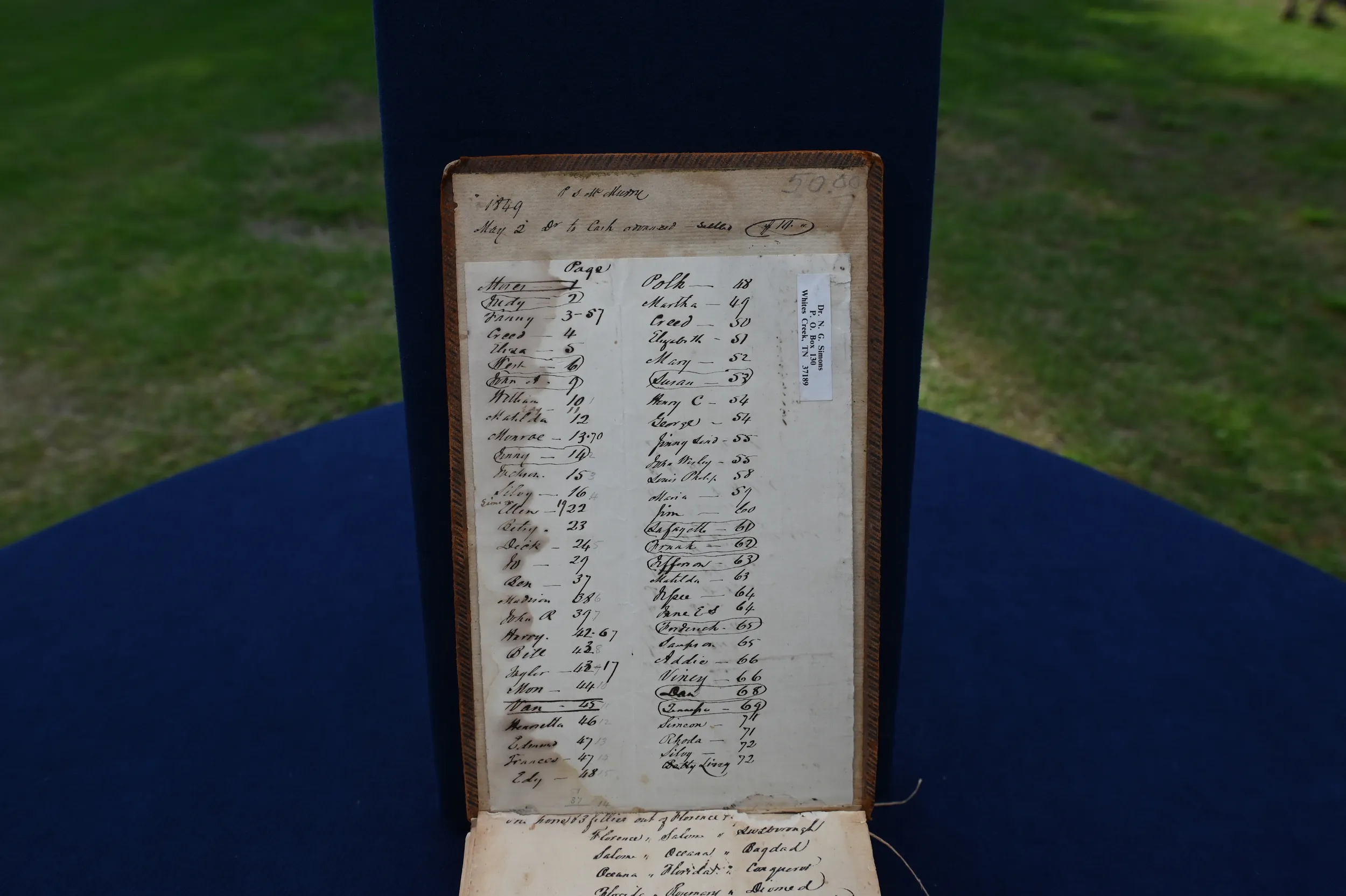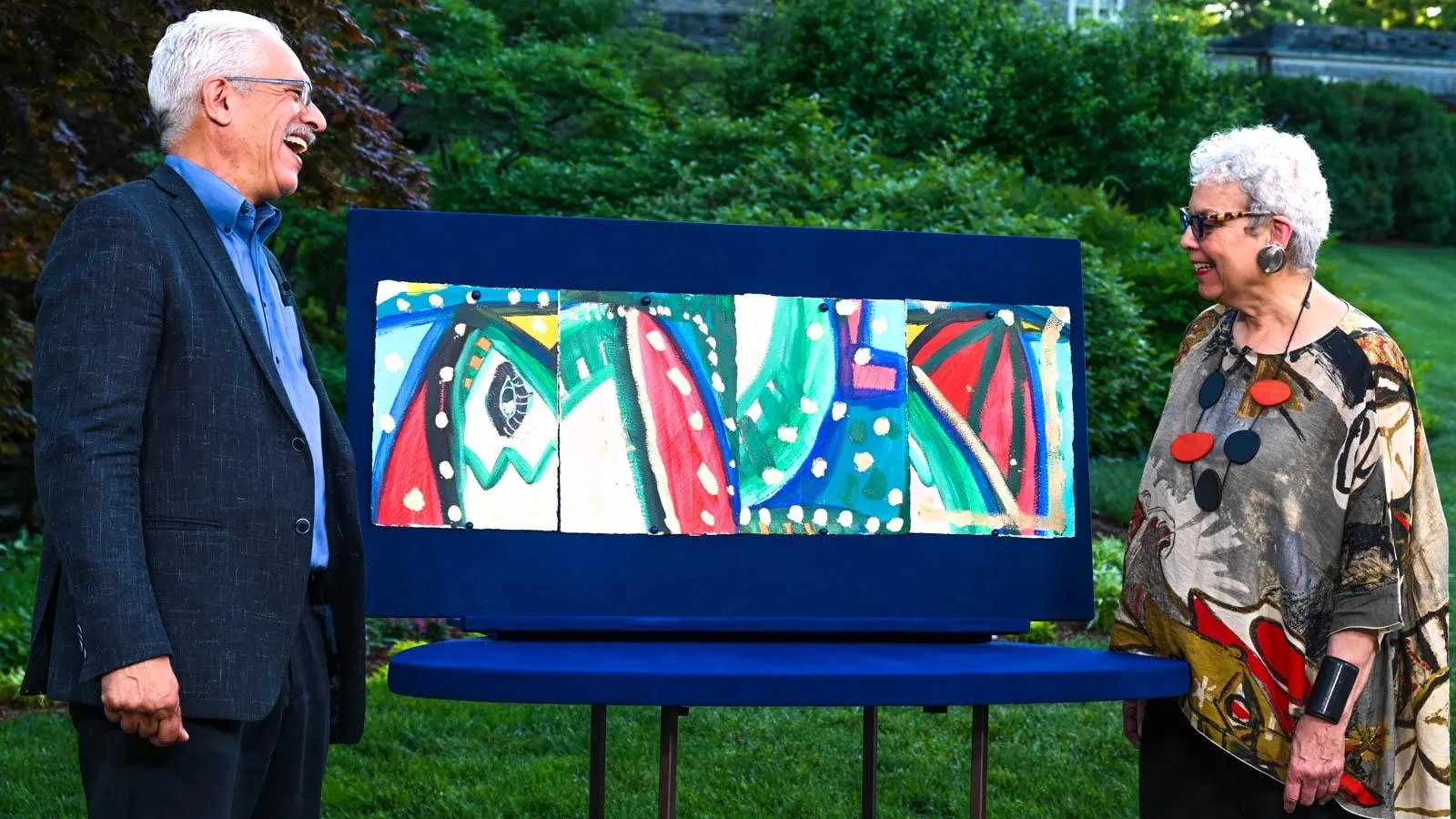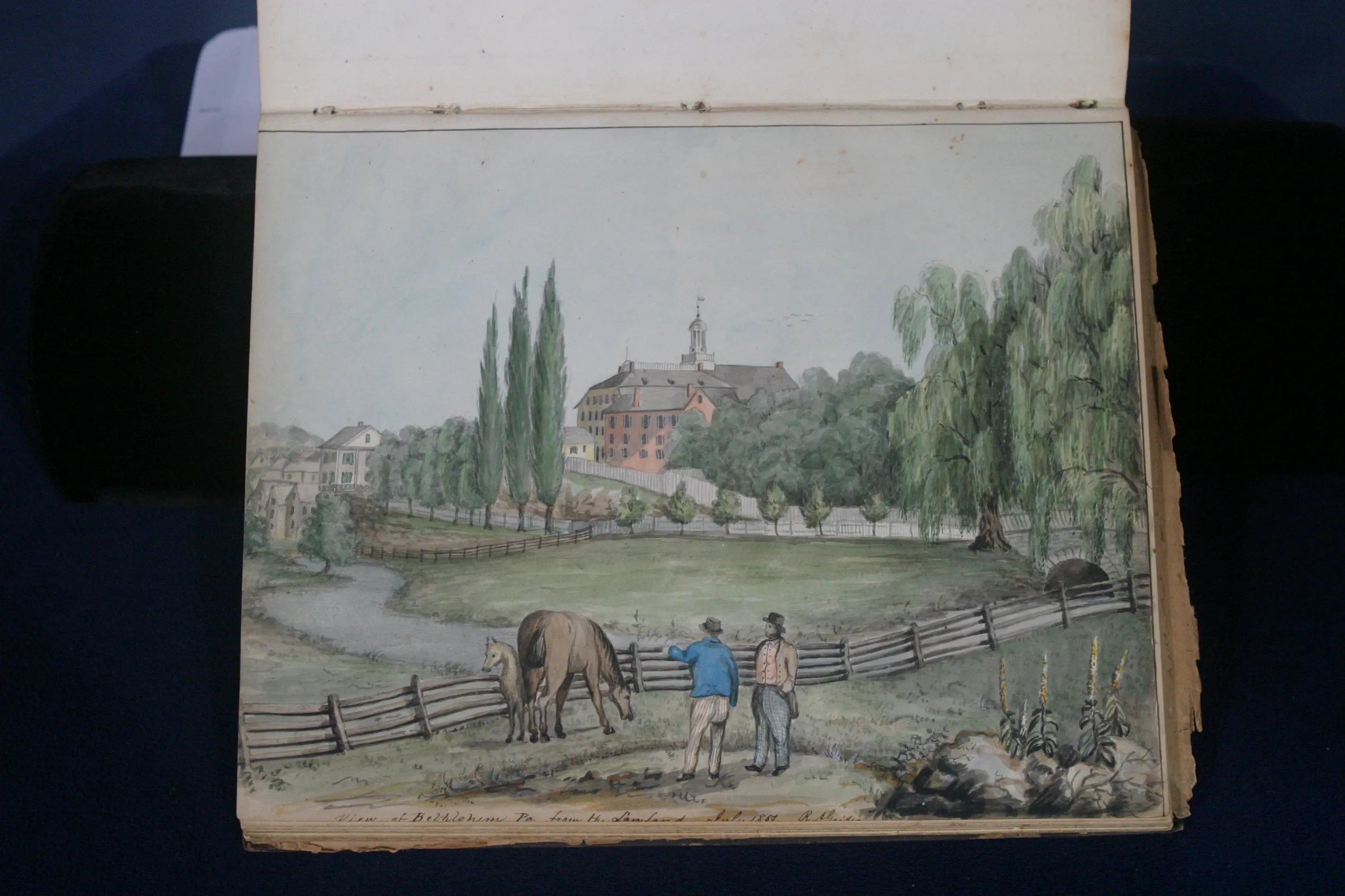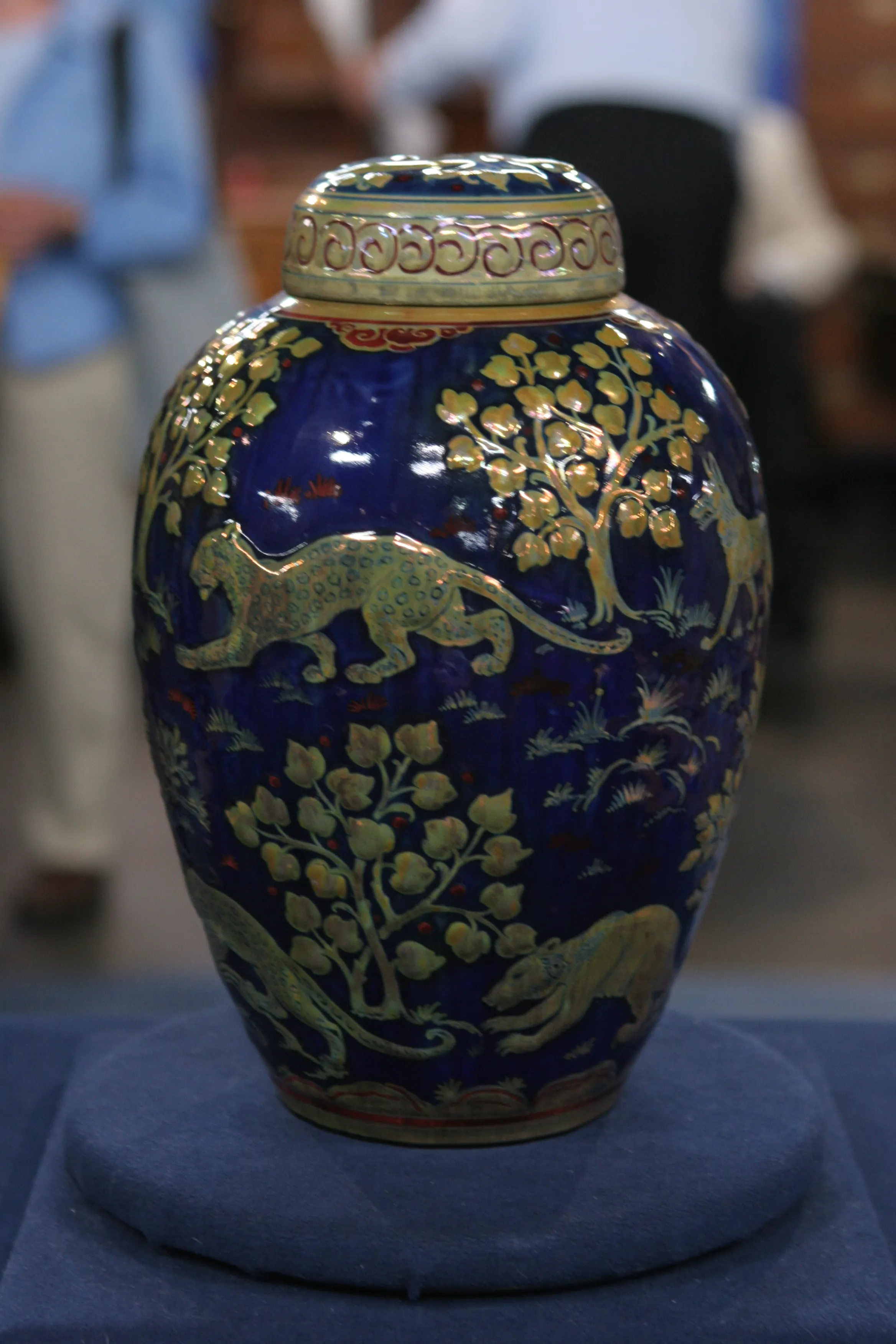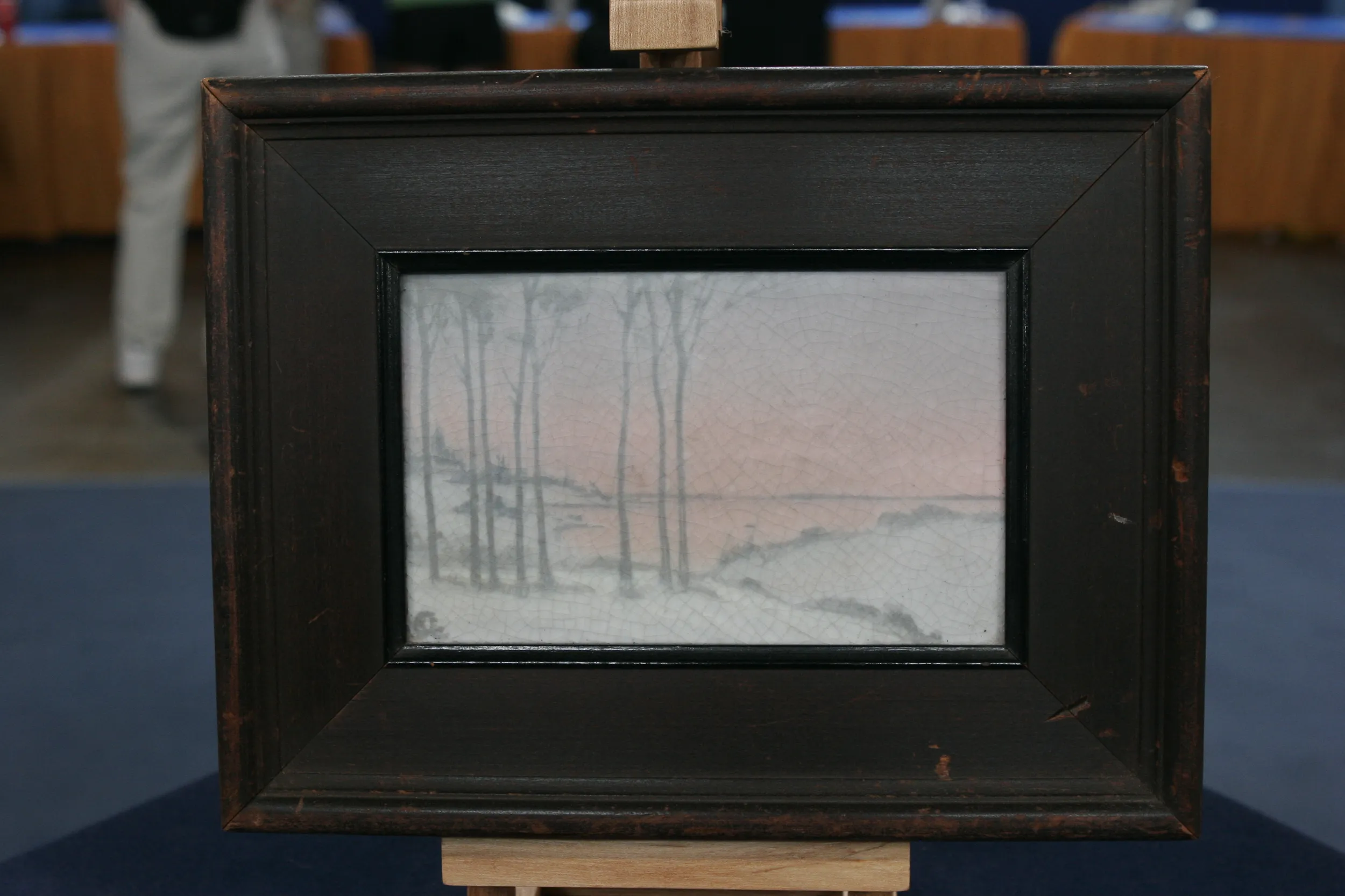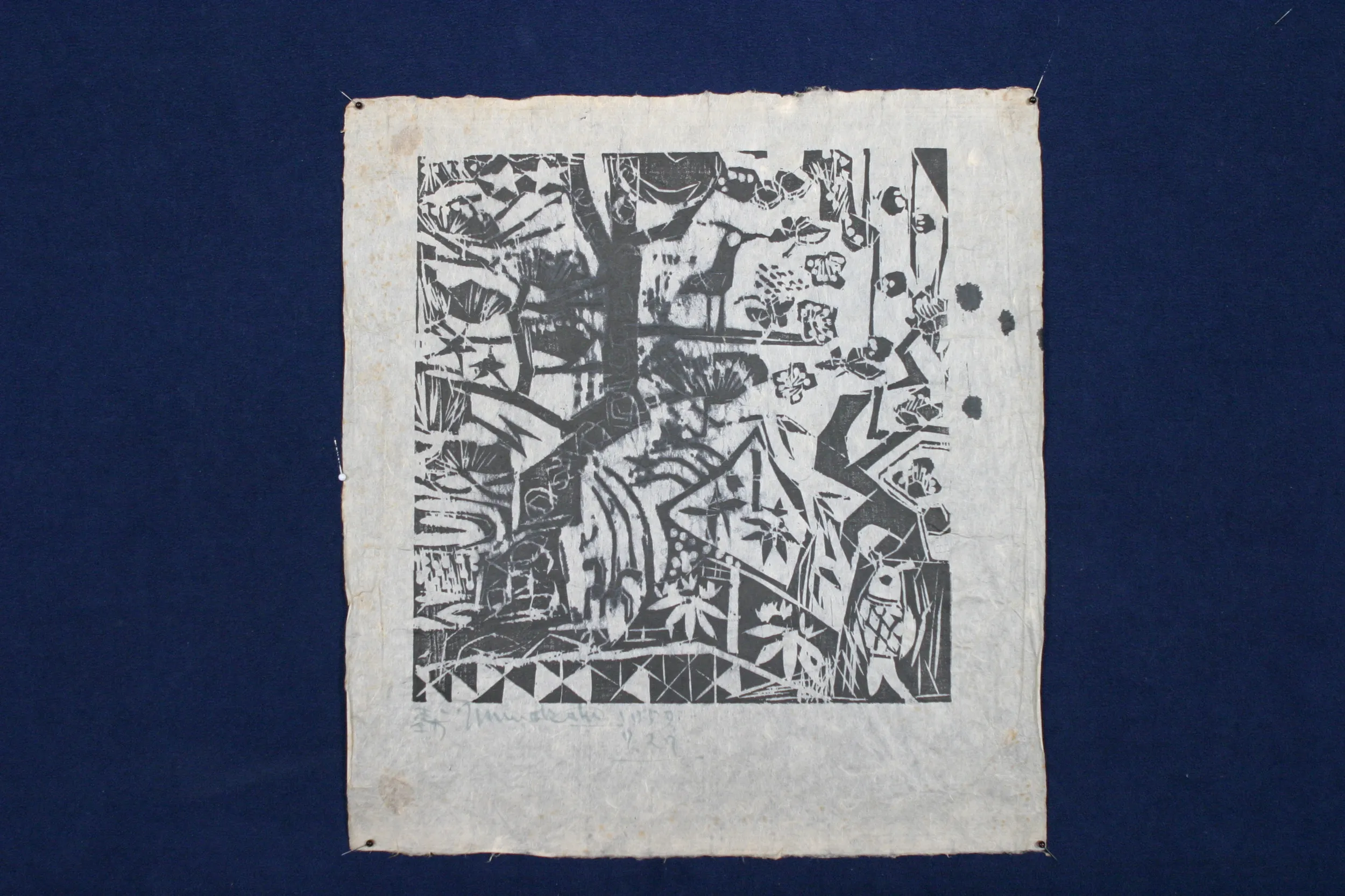GUEST: This is a antebellum slave journal.
APPRAISER: Where did you get it and how did you come to it?
GUEST: Let's, let's take it back a little. My father was into Black history.
APPRAISER: Right.
GUEST: So there's a bookstore here in Nashville, and they have old books. And he would solicit them.
APPRAISER: Sure.
GUEST: When they found a book about Black history...
APPRAISER: Right.
GUEST: ...especially in America, they would call him.
APPRAISER: Yeah.
GUEST: So they called him about this slave journal. He only paid $50 for it in the '60s.
APPRAISER: Wow.
GUEST: The slaveholder would indicate what year he purchased Creed, how much he paid for him, and then each year, he would put an annual entry to say he's working on the farm...
APPRAISER: Right.
GUEST: ...or he's a gardener, who he married, the birthdate and names of his children. When Daniel Graham, the slaveholder, went to Washington as the assistant treasurer of the United States, Creed was the main gardener and market man, and even went to Washington, D.C., with Daniel Graham for a short period. For me, it gives a highlight, just as an example with Creed, that he had a family, the skills he had...
APPRAISER: Mm-hmm.
GUEST: ...and how they were utilized...
APPRAISER: Right.
GUEST: ...during his tenure as a slave.
APPRAISER: And it covers, I mean, a life, a lifetime, which might be short in some ca, sad cases, but it covers their life.
GUEST: It was 1824 for Creed...
APPRAISER: Right.
GUEST: ...to 1860. But there's a note at the bottom in 1866 that Creed had died.
APPRAISER: Oh.
GUEST: So though he wasn't on the plantation, the slaveholders still knew that he had died.
APPRAISER: Had died.
APPRAISER: When you see a slave document, they portray the slavery episode in such a horrendous way. The reality of it, the humanity of it, you see before your eyes. But to see biographies of the slaves-- over 70, I think, are in this journal-- it's, it's an, an incredible document.
GUEST: Yes, because a lot of them, he will note they were vaccinated. And when you look up Nashville's history...
APPRAISER: Yeah.
GUEST: ...you'll find all, typhoid or cholera in Nashville.
APPRAISER: Right, right.
GUEST: And he would have his slaves vaccinated. Creed had 11 children.
APPRAISER: Mm-hmm.
GUEST: And in pages going back, each child will have a page just like their father.
APPRAISER: Yeah.
GUEST: A yearly chronicle of their life.
APPRAISER: Well, now, it's obviously historically important, and it's something that's not easy to monetize and say, "What is this worth?" It diminishes what the significance of it is. So it's a kind of thing that... It's, it's not something that you say, "Oh, this is worth X, Y, and Z, and this is it." But I will tell you, if something based on other documents that have come up in the, in the auction rooms and have sold-- nothing to this extent-- um, I would have to value the comprehensiveness of this, it's i, in the range of $15,000 to $20,000.
GUEST: Okay.
APPRAISER: You'd want this insured for in the kind of $25,000 range.
GUEST: Okay.
APPRAISER: And I don't know what your intentions are, but, um, have, have you thought about that? Like what you're...
GUEST: Yes, I'd like to follow through and try and find the families of the slaves.
APPRAISER: Right, right.
GUEST: From 1870 moving forward.
APPRAISER: Yeah.
GUEST: And, you know, connect just with them to share, if I can, stories about their third or fourth grandparents.
APPRAISER: Yeah.

